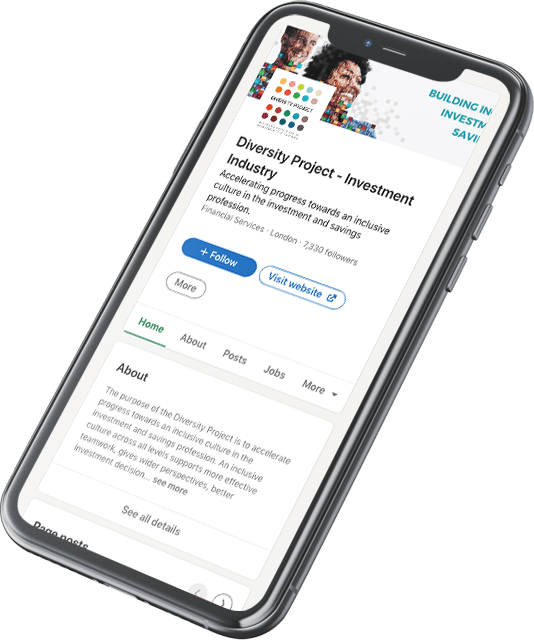At a summer party in the City late June, I found myself with an alternative identity. It took a while before I spotted the honest error which had occurred at the registration desk, before which I spent time circulating the event as an accidental imposter of another Sarah.
Pondering this alternate reality and the wider implications made me think about how some recruiters are also undercover psychologists, and I am no exception, but, there’s an opportunity to use this interest to good effect.
Many people are familiar with the term ‘imposter syndrome’ but perhaps not so clear about how it can be used in a positive way.
Firstly, the most important point about imposter syndrome is that it is not a ‘syndrome’ which can be defined as a set of consistent symptoms. More accurately, this is a ‘phenomenon’, i.e. a set of feelings which ebb and flow and are not constant.
It affects men and women of all ages, regardless of colour and race. The imposter phenomenon (IP) is a powerful feeling of intense phoniness, despite external success (Clance 1985) and research tells us that 70% of us may experience Imposter phenomenon.
This has a direct impact on my job, as my role and our work at The Buy-Side Club is about developing talent management strategy and ensuring clients understand diverse talent, but more specifically at an individual level, ensuring that candidates fully understand and consider relevant career opportunities.
IP can have a huge implication on the way individuals consider career opportunities: some may feel that sense of fraudulence resulting in their not putting themselves forward for a position or promotion that they have been invited to apply for.
They may feel that they are not ready or “not good enough”. This might impact a senior woman running a large portfolio of assets keen to move on but feeling she is not yet ready for the outside market. Or, it may be that a young school leaver or graduate may arrive at the station, panic and decide they cannot make the first round interview, so turn round and head home.
I believe that 80 per cent of city work is understanding the logic of finance and 20 per cent is understanding people, be they clients, colleagues or stakeholders.
So this phenomenon is a topic we all have to be aware of and really name it with care without over dramatisation so that we can have a chance of understanding ourselves better, get more out of teams and build a diverse and inclusive industry.
By not recognising the imposter phenomenon and the limitations that puts on individuals, asset management companies, pension funds and consultants may miss out on diverse candidates.
The next time you are at a party or a networking event and feeling out of sorts, check your label and check your thinking patterns. As Oscar Wilde noted:
“the only person you can be is yourself, as everyone else is taken.”
I am indebted to Liz Codd of Leadenhall Consulting and Dr Terri Simpkins for explaining this topic to me. For more information: https://paulineroseclance.com/impostor_phenomenon.html.





